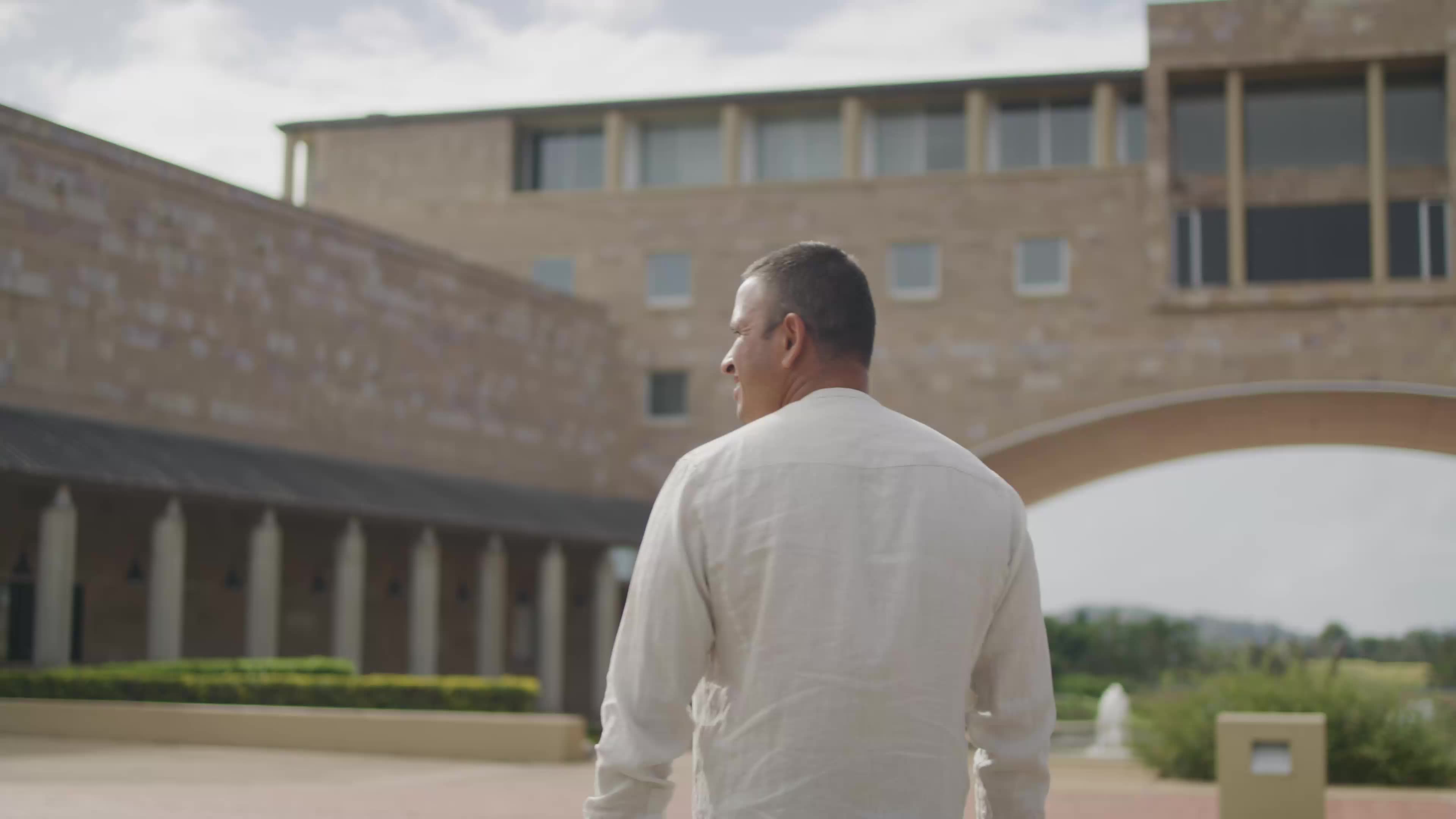
Usman Khawaja is an Australian cricketer and a Bond Master of Business Administration student. He opened up about his identity, finding his voice, and inspiring the next generation.

Rising through the ranks of Australian cricket, all Usman Khawaja wanted was to blend in. “I didn’t listen to the same music. My heroes were very different to the guys around me in the team,” he says.
“The early part of my career and life was just about trying to fit in.”
Khawaja grew up in Westmead in Sydney’s west, during a time when most of the community around him knew little about Islam or his culture. His affinity for cricket grew from being able to play sport with his peers before he could speak with them in English.
He became the first Muslim and first Pakistani-born player to play Test cricket for Australia, debuting in his first international match at 24. As he approached 30, Khawaja, now a Bond Master of Business Administration (MBA) student, began to embrace his identity. He left Sydney for Queensland and found freedom in a new environment, away from the people he’d grown up with.
For the first time, he felt free to be himself. Khawaja started dressing as he preferred, expressing himself more, speaking the way he was brought up, and staying home when he wanted to — even if his peers were going out.
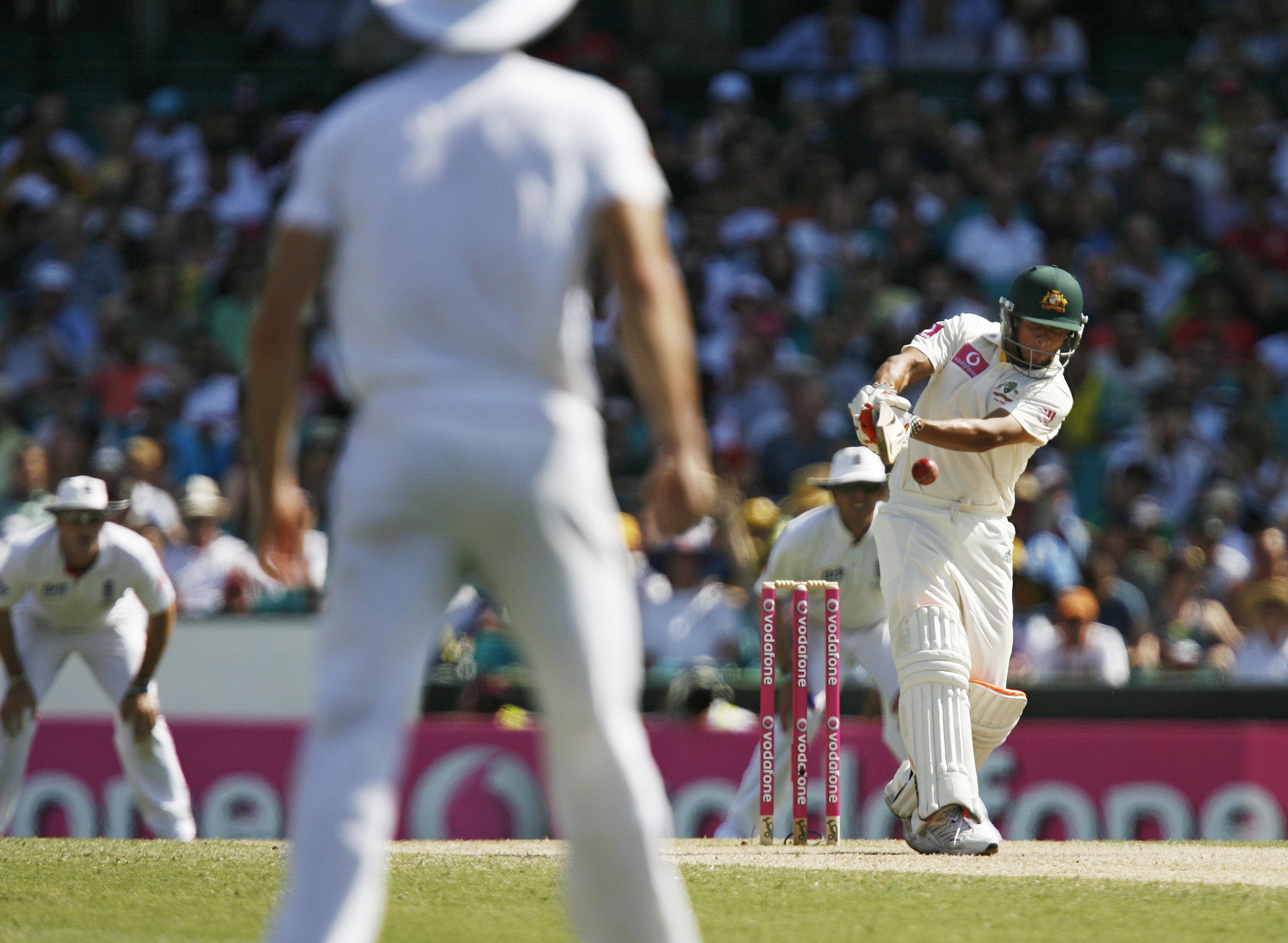
“I think it was one of the greatest things that happened to my cricket. I just had this freedom to practise, to do whatever I want rather than being pigeonholed.”
Khawaja saw the impact his authenticity could have on others, especially a new generation of cricketers from different backgrounds.
“I felt like I got more respect from other people around me because, for the first time, they were finally seeing the real Usman Khawaja. It’s very hard to do that in a game that is so traditional,” says Khawaja.
“I was the first player on a cricket field to dab, to dance on a cricket field. I’ve learnt the more I express myself, the more people can relate, understand and appreciate what I stand for.”
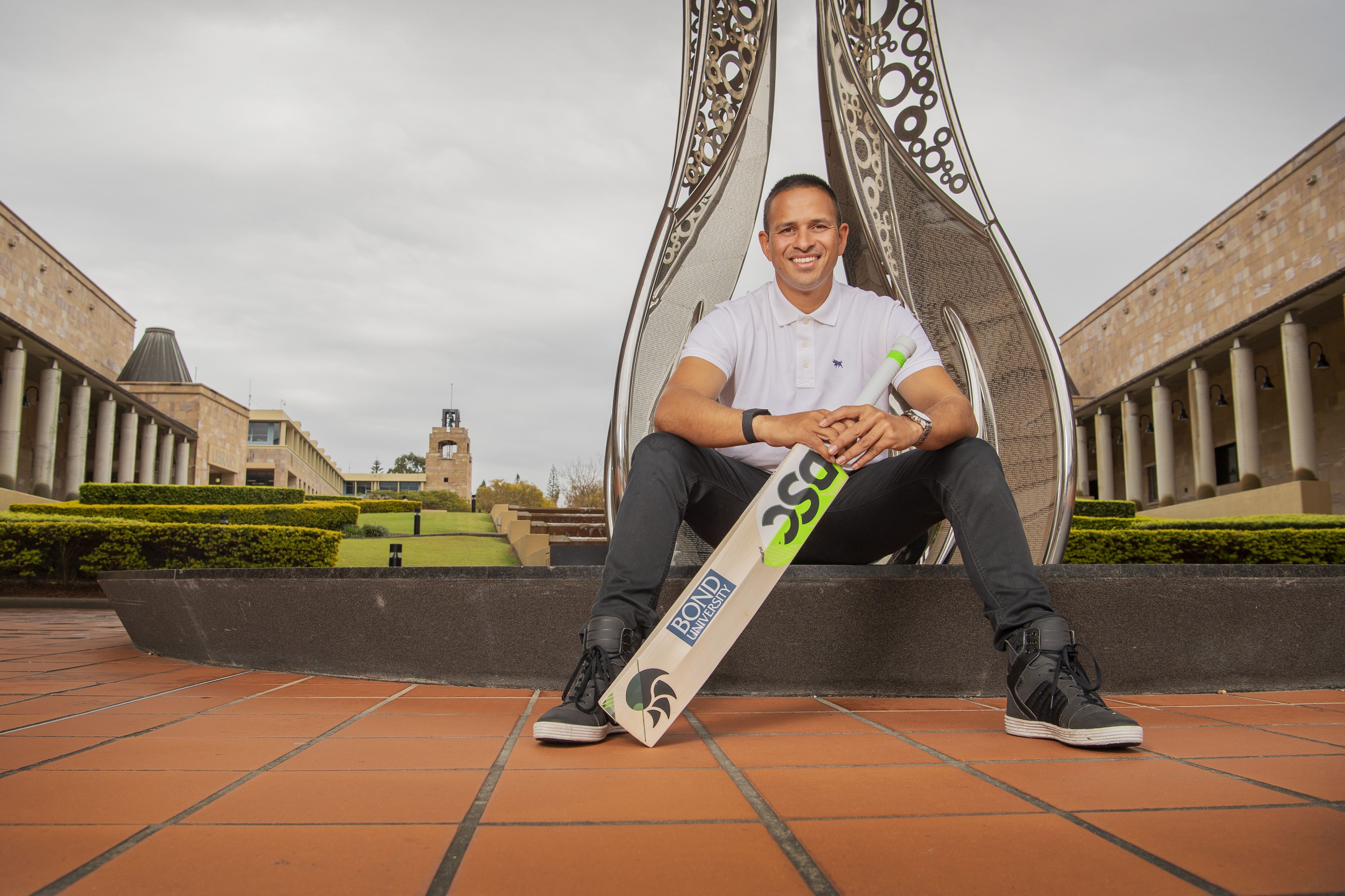
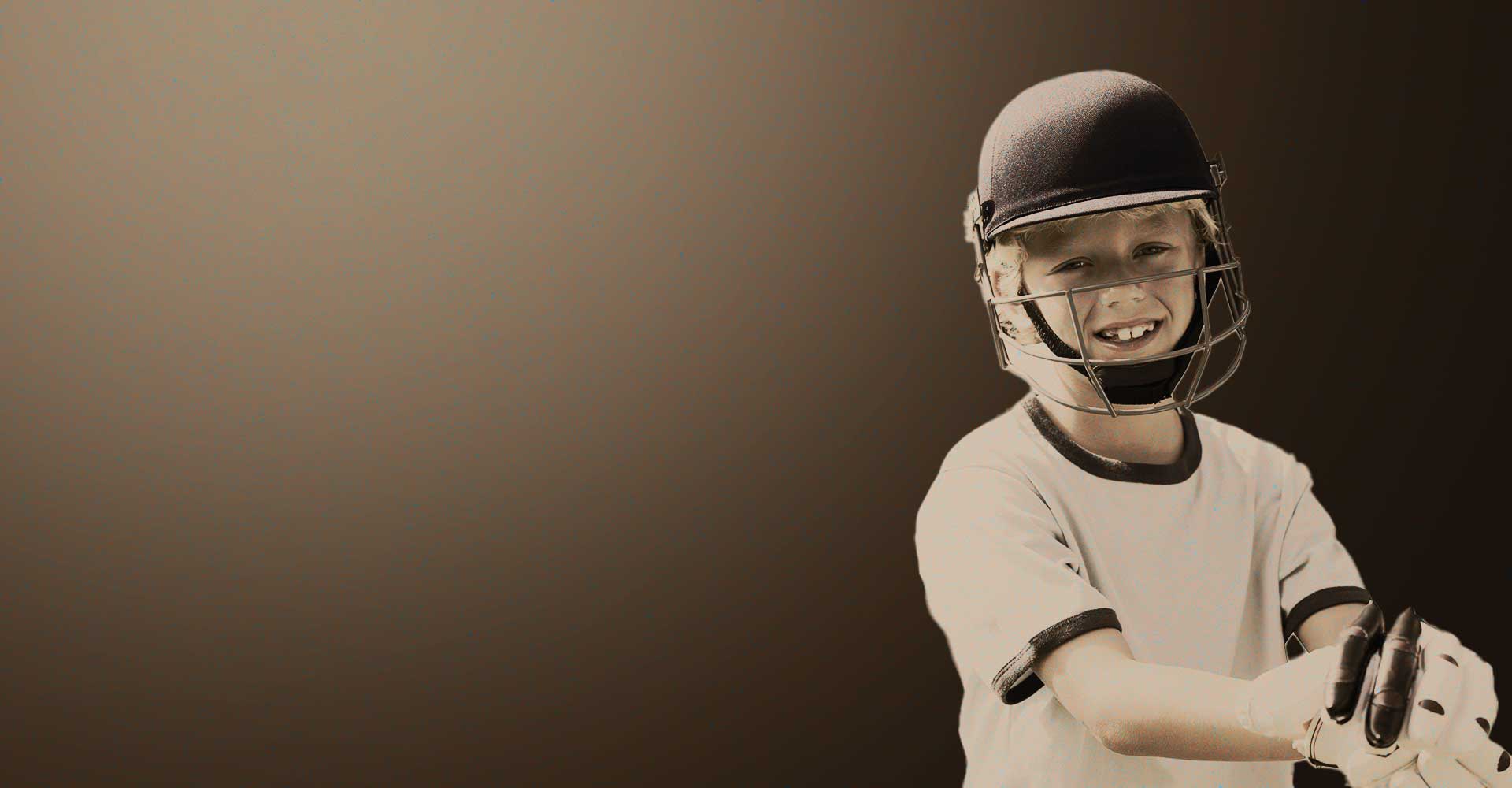
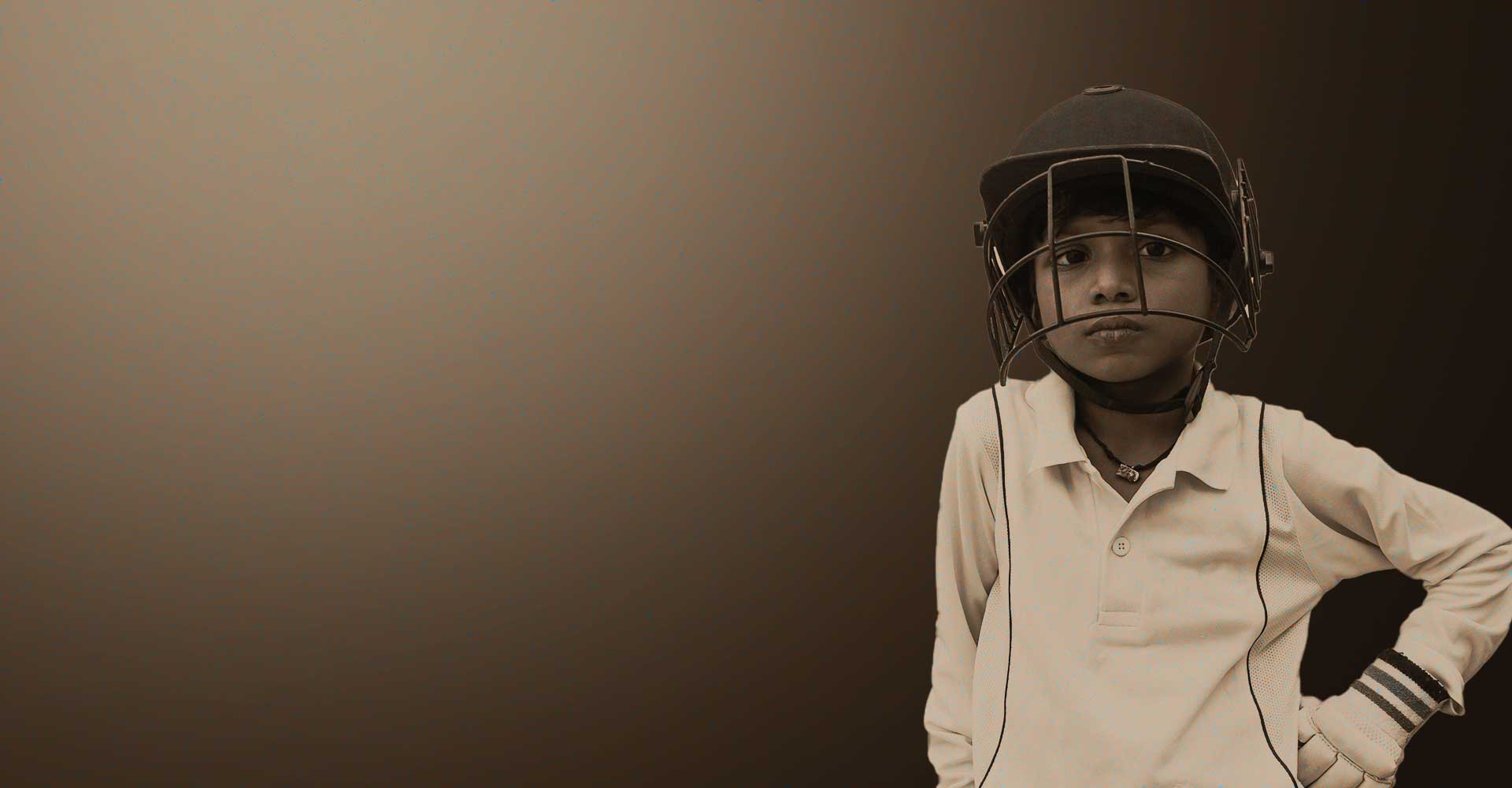
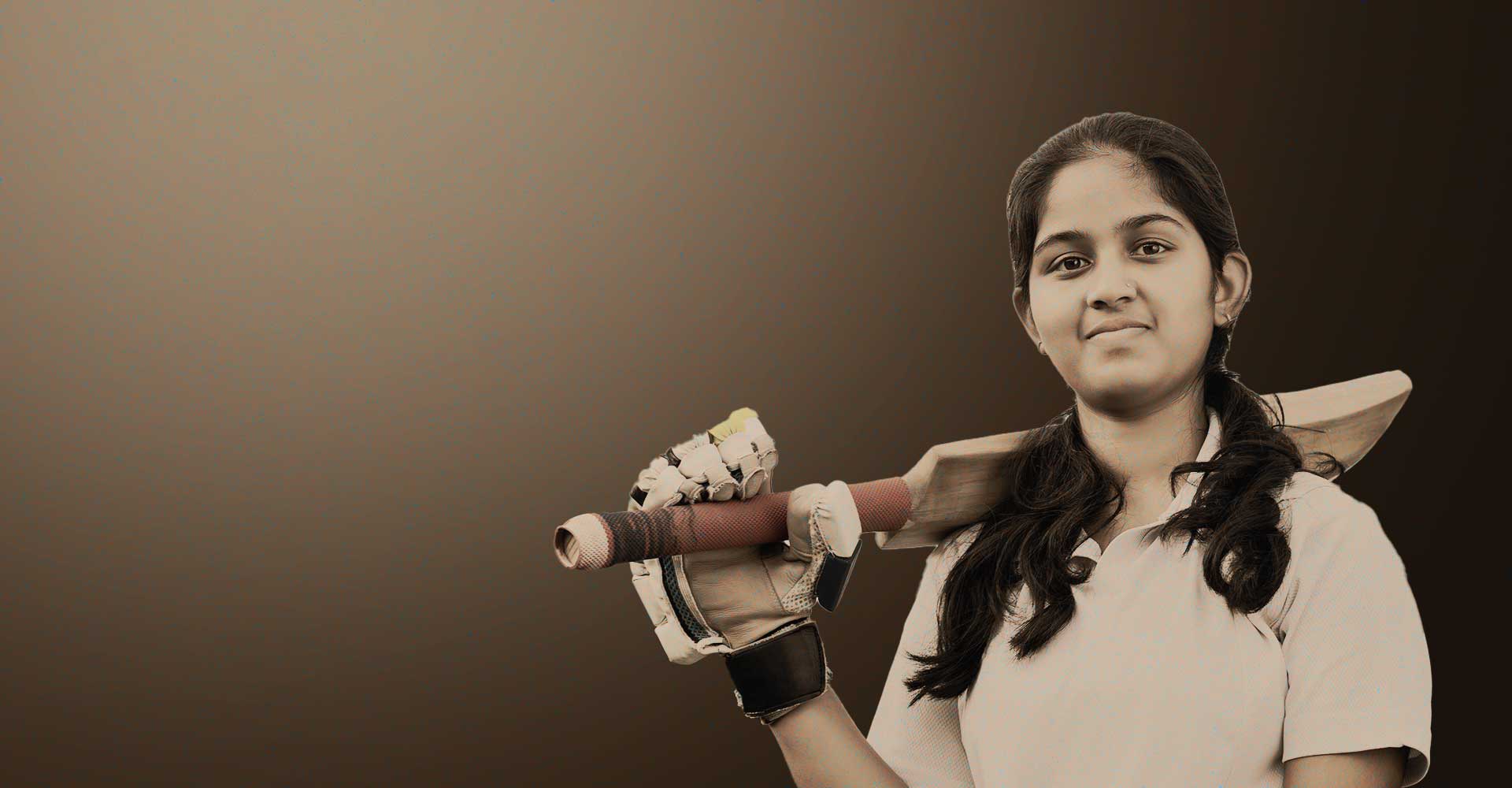
Khawaja's objective is to find ways to inspire people to achieve more and represent Australia, regardless of gender or other barriers. And while his wife, Rachel, and daughters, Aisha and Ayla, keep him grounded off the cricket pitch, they’ve also fuelled his motivation to create change.
“The future that I want my children to grow up in, the future for Australia, is just for everyone to be treated equally,” says Khawaja.
As well as breaking down barriers through playing on the world stage, he founded the Usman Khawaja Foundation. It aims to help disadvantaged youth by providing educational and cricketing opportunities.
“Kids of different backgrounds or different coloured skins, who want to play sport for Australia, should have the same journey in terms of how they’re treated, what people say to them, and how coaches engage with them,” says Khawaja.
He wants to make positive change around inclusion and multiculturalism through the Usman Khawaja Foundation as well as Cricket Australia and other organisations but wants more experience and knowledge to add value.
That’s why he turned to study to help make an impact.
“I need to be able to understand how an organisation works and functions, how finance and economic times impact social constructs — so many different things,” says Khawaja.
“I want to be equipped to add value to those boards, to add value to what we’re trying to achieve, wherever I am, rather than be a passenger.”
In 2024, Khawaja began Bond’s Master of Business Administration which produces global leaders who think critically, creatively, and strategically.
“Bond University is helping me create networks in Australia and globally. It’s providing me skills for my foundation and life after cricket.”

Original thinking direct to your inbox

Stories from Bond
